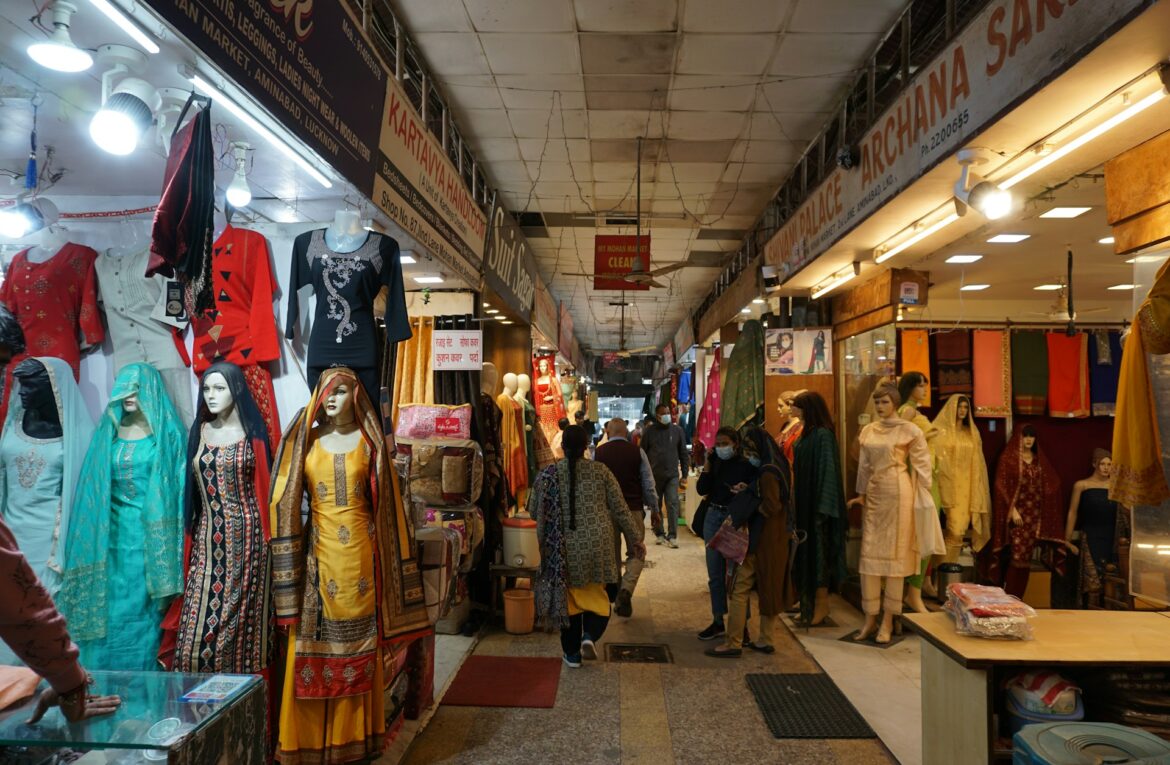Across Bangladesh, small business owners are quietly driving economic growth, despite limited resources and growing challenges. These micro and small entrepreneurs are often unseen in the broader picture of national development, yet their impact on employment, innovation, and community resilience is significant. Small enterprises continue to face difficulties in accessing finance, navigating bureaucratic systems, and adapting to changing market demands. Many operate in informal sectors—selling goods in local markets, running home-based services, or managing small retail shops—without the formal recognition that larger businesses enjoy. Even with these challenges, small businesses continue to be a vital part of the local economy. They generate employment, especially in rural areas where job opportunities are scarce. In cities, they fill important service gaps by offering affordable products and personalized services. From tailoring shops to tea stalls, these businesses are not just sources of income but essential parts of the community. One of the key concerns raised is access to affordable credit. Most small entrepreneurs don’t qualify for bank loans due to lack of collateral or formal documentation. While the government and financial institutions have introduced microfinance schemes and SME-focused programs, many business owners remain unaware of these options or find them too complex to access. Training and technology also play a role. With the right support in digital tools, marketing, and basic business management, many small business owners could grow their operations, expand to new markets, and even create jobs for others. Initiatives like online marketplaces and digital payments have started to help some entrepreneurs, but more inclusive support is needed. In response, experts and stakeholders have called for simplified financing, better training programs, and targeted policies to help small businesses thrive. Recognizing these entrepreneurs not as charity cases but as valuable contributors to the national economy could help reshape how resources are distributed. The resilience shown by these business owners—especially during the pandemic and economic downturns—shows their strength and determination. Even without formal support, many have adapted by finding new customers, learning on their own, or collaborating with other local businesses. Supporting small entrepreneurs is not just an economic issue—it’s a path toward inclusive development. By investing in these individuals and their businesses, Bangladesh can build a more balanced economy that grows from the ground up.
Small Entrepreneurs in Bangladesh Power Communities Amid Silent Struggles
49


